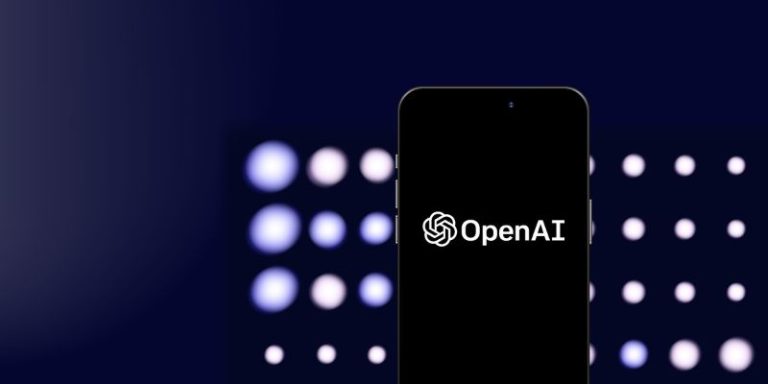In a current flip of occasions, Elon Musk has determined to drop his lawsuit towards OpenAI, marking a big shift within the contentious relationship between the tech entrepreneur and the AI analysis group he co-founded. The lawsuit, filed in February, accused OpenAI of deviating from its unique mission of creating accountable AI and changing into overly influenced by Microsoft, its largest investor.
Musk’s determination to finish the lawsuit comes amid a collection of public statements the place he criticized each OpenAI and Apple. Musk alleged that OpenAI’s shut ties with Microsoft had compromised its independence and unique goal. OpenAI, in response, vehemently denied these claims, stating that Musk’s lawsuit was based mostly on “convoluted and incoherent” premises and that there was no formal settlement with Musk to violate.
The lawsuit dismissal doesn’t indicate an finish to Musk’s criticisms. He has voiced sturdy opposition to Apple’s plans to combine ChatGPT into its ecosystem, expressing considerations in regards to the management and route of AI know-how. Musk’s apprehensions stem from his broader worries in regards to the moral implications and security of superior AI programs.
Moreover, OpenAI has accused Musk of trying to realize management over the group. In line with OpenAI, Musk had beforehand sought to merge OpenAI with Tesla and favored a for-profit construction for OpenAI, supplied he might have management. This inside energy wrestle, coupled with Musk’s criticisms, underscores the complex dynamics between Musk and OpenAI.
This improvement highlights the continuing debates inside the tech group relating to AI governance, the affect of main company traders, and the moral deployment of AI applied sciences. As AI continues to evolve, the stress between innovation and regulation will doubtless stay a crucial problem.
